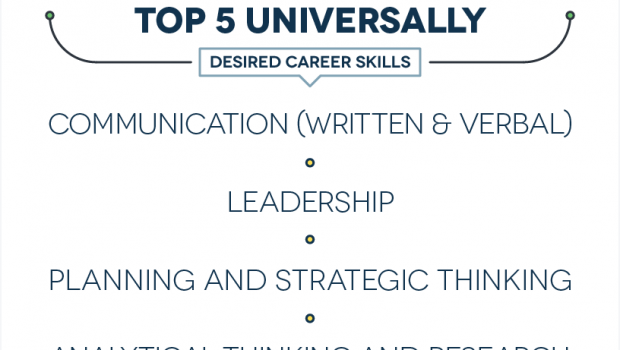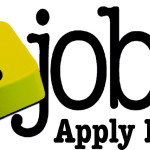Skills to put on a resume
Landing a job in the tech industry isn’t as much about professional accolades as it is about specific skills. In this line of work, a candidate’s SEO skills, data analytics prowess, or their grasp of JS can be easily tested in a job interview.
To secure a job interview in the first place, you’ll need to show what exactly it is you can do in your resume.
Dynamic as the tech industry may be, it still makes use of good ol’ resumes.
If you want to squeeze the most out of your application, you need to follow our advice on putting skills on resumes.
Here’s a quick guide for the techies out there.
1. Tailor your resume to the employer’s needs
…or tailor your resume to the job posting, to be more specific.
Job ads are chock-full of valuable info. Not only do they tell you the requirements, but they also suggest how you should talk about them.
Have a look at the job offer of interest. Mark any skill-related words. Match your skills to these keywords. You definitely need them on your resume.
Level up: Check out other offers for similar positions. Do they require slightly different skills? If so, consider adding those extra skills to your resume. It makes much more sense than trying to come up with semi-random “filler” skills.
Pro tip: Strange as it may seem, there are some non-technical skills recruiters ask for over and over again:
- Leadership
- Communication (Written and Verbal)
- Analytical Thinking
- Planning and Strategic Thinking
- Teamwork
Sure, developers have their own set of required skills, as do content writers, or email marketers.
However, these universal skills listed above do make sense as you’ll be working with people a lot of the time. Don’t neglect to mention them!
2. Where to put skills on a resume
The skills section is just a partial answer. This is where you’ll provide recruiters with a convenient checklist of your abilities.
However, what you might be underutilizing is the experience section.
Instead of treating the experience section as a boring list of previous employers, harness its power by adding bullet points which will provide information about the skills you used or mastered on the job. Here’s an example:
WordPress Masters, Inc. (2015-2017)
WordPress Developer
- Create custom-made WordPress templates tailored to the customer needs.
- Develop and write code for plugins or customize existing solutions.
- Assist in-house staff and content creators in publishing posts and promoting them on social media.
3. Beat the ATS with the right keywords
Applicant Tracking System (ATS) software has become an industry standard in recruiting. These applications mine large numbers of resumes for specific words and phrases. These keywords pretty much always include job-relevant skills.
If an algorithm fails to find the right skill keywords in your resume, it assumes you don’t possess those skills. Your resume gets pushed to the bottom of the pile.
If you can do something, you have to put it on your resume in writing. This way you’ll use job application systems to your advantage.
There’s a lot more you can do to give your skills more exposure on your resume, but the three tips listed above are absolutely crucial.
Yes, polish your online image, even if you’re a student with a LinkedIn profile, just don’t self-sabotage your chances of landing that dream job just because you think resumes are an outdated concept.
Check out the infographic for a convenient step-by-step breakdown of the process, and bookmark it for later!
















